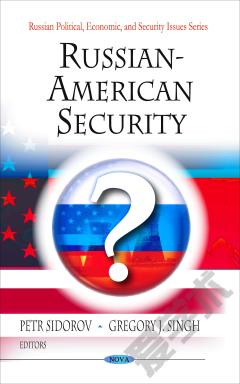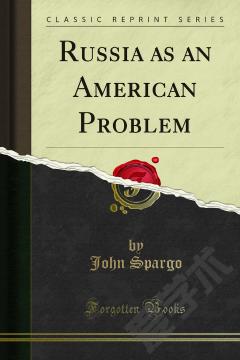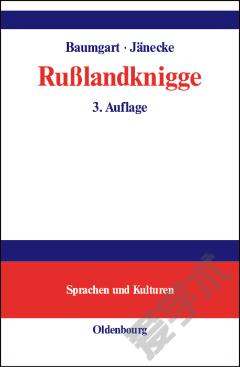Russian-American Security
Dmitry Medvedev, Putin’s chosen successor and long-time protege, was elected President of the Russian Federation on March 2, 2008 with about 70% of the vote. Medvedev, formerly First Deputy Prime Minister, announced during the campaign that if elected, he would propose Putin as Prime Minister. Medvedev was inaugurated as President on May 7th; Putin was confirmed as Prime Minister the next day. U.S. and EU observers criticized the election as unfairly controlled by the governing authorities. Nevertheless, Putin’s widespread popularity in Russia led many to conclude that the election results corresponded to Russian public opinion. Furthermore, the economic upturn that began in 1999 is still continuing. The GDP, domestic investment, and the general living standard have been growing impressively after a decade-long decline, fueled in large part by profits from oil and gas exports. There is a budget surplus, and the ruble is stable. However, some major problems remain: 15% of the population live below the poverty line; foreign investment is relatively low; inflation is rising; and crime, corruption, capital flight, and unemployment remain high.Additionally, Russian foreign policy has grown more self-confident, assertive and anti-western, fueled by its perceived status as an “energy superpower.” Even though Washington and Moscow have found some common ground on the Iranian and North Korean nuclear concerns, tension is rising on other issues such as NATO enlargement, Kosovo, and proposed U.S. missile defenses in Eastern Europe. This book discusses the history of U.S.-Russian relations as well as the current situation.
{{comment.content}}








 京公网安备 11010802027623号
京公网安备 11010802027623号